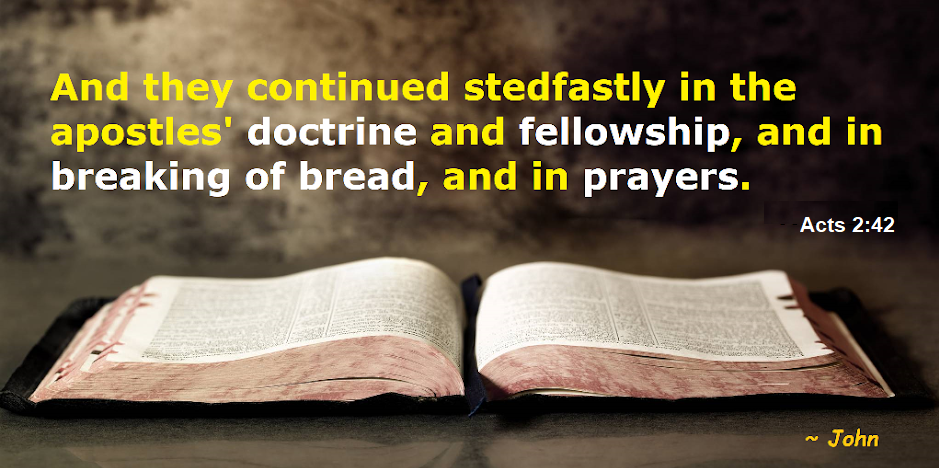Prayer [1] is an offering up of our desires unto God, in the name of Christ, by the help of his Spirit; with confession of our sins, and thankful acknowledgment of his mercies.
For whom are we to pray? [2]
We are to pray for the whole church of Christ upon earth; for magistrates, and ministers; for ourselves, our brethren, even our enemies; and for all kinds of people living now, or who may live in the future; but not for the dead, nor for those that are known to have sinned the sin unto death.
For what things are we to pray? [3]
We are to pray for all things tending to the glory of God, the welfare of the church, our own or others good; but not for anything that is unlawful.
How are we to pray? [4]
We are to pray with reverent recognition of the majesty of God, and deep sense of our own unworthiness, necessities, and sins; with penitent, thankful, and full hearts; with understanding, faith, sincerity, fervour, love, and perseverance, waiting expectantly upon him, with humble submission to his will.
TIPS for praying (acronym):
v
A adoration to Almighty God
C confession of our sins and iniquities
A adoration to Almighty God
C confession of our sins and iniquities
T thanksgiving for all His grace and mercies
S supplications for our and others’ needs & God’s glory
S supplications for our and others’ needs & God’s glory
Blessings
~ John
FOOTNOTES:
1. LC178 (Westminster Larger Catechism - modern English; Rowland Ward, 2007)
2. LC183
3. LC184
4. LC185





